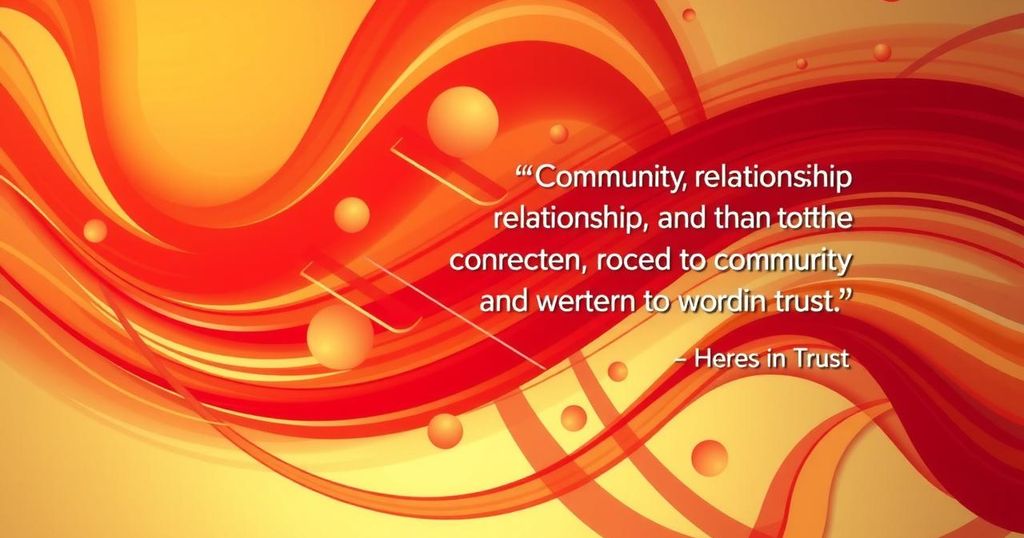A false graphic claiming Governor Wavinya Ndeti characterized the Kikuyu community as untrustworthy has circulated online. The quote suggests a preference for a political pact with President Ruto instead. Investigations revealed that the graphic is fake, with the Star confirming its inauthenticity on social media.
In light of the upcoming 2027 general elections in Kenya, a fabricated graphic has emerged that wrongfully attributes a quote to Governor Wavinya Ndeti. It alleges that Ndeti claims the Kikuyu community should not be trusted in political alliances, suggesting a more favorable arrangement with President William Ruto instead. The quote stated, “These Kikuyus will betray Kalonzo; we are better off making a deal with Ruto. He is more trustworthy,” accompanied by an image of Ndeti and the logo of a Kenyan news outlet.
Ndeti serves as the governor of Machakos County, located to the east of Nairobi. She was elected in August 2022 on the Wiper Party ticket, led by Kalonzo Musyoka, a notable political figure and former vice president of Kenya. This graphic surfaced amid a budding alliance among opposition politicians aiming to challenge Ruto during the next elections, highlighted by a recent political event organized by veteran politician Martha Karua.
The ethnic dynamics play a crucial role in Kenyan politics, where voters often align along ethnic lines. Deputy President Rigathi Gachagua, a member of the Kikuyu community, has previously asserted his commitment to leadership for his region but faced accusations of exacerbating ethnic divisions, leading to his impeachment in October 2024 once these claims were substantiated.
Historically, accusations of betrayal resonate deeply within Kenyan political discourse. For example, former President Uhuru Kenyatta, often associated with the Kikuyu community, endorsed opposition leader Raila Odinga during the 2022 elections instead of supporting Ruto, despite prior promises.
Upon investigating the legitimacy of the graphic, it was determined to be a forgery. The Star, noted for its accurate reporting, confirmed on its official social media platforms that the circulated graphic was not authentic, labeling it as fake and urging the public to disregard it. The recognition of the graphic’s inauthenticity illustrates the necessity of careful fact-checking in the era of misinformation, especially amid an active political landscape.
The emergence of the fabricated graphic falsely attributing a quote to Governor Wavinya Ndeti underscores the prevalence of misinformation, particularly as political alliances form ahead of the 2027 elections in Kenya. It is critical for individuals to verify the authenticity of information shared on social media. The Star’s prompt clarification regarding the graphic’s falsehood demonstrates the importance of reputable sources in combating misinformation.
Original Source: africacheck.org






